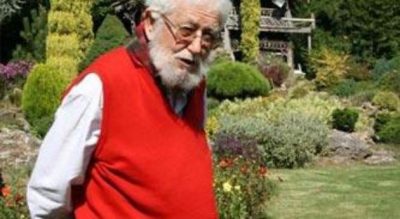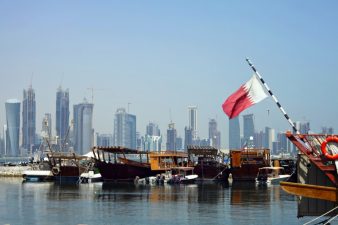[youtube]http://www.youtube.com/watch?v=MzY4SGgEB7g&feature=player_embedded[/youtube]
Sometimes less is more. WWF creates a brilliant file format that can’t be printed.
The Chinese used to write books on silk. Think about that for a second. If you thought you had to produce an entire sheet of silk in order to pass on that really bad joke your father sent you, might you think again? Silk became too cumbersome to consistently produce, even for the Chinese, so they invented paper in 104 A.D. The Arabs then inherited and perfected paper several hundred years later and were the first to use linen.
But modern technology has made paper far too disposable, and therefore the trees from which it is mostly produced. To help curb the unthinking habit of pushing print, a habit that needlessly imperils our forests, the World Wildlife Fund has created a document format that simply can’t be printed. It is called .wwf.
By naming a file saveas.wwf (instead of saveas.pdf or .doc or .rtf), that file is rendered unprintable. Not only will its creator be unable to print it, but no one who receives it as an attachment or as a share will be able to either.
This may seem a little controlling, but by simply using a different format, trees can be saved. One large pdf document requires the equivalent of a whole tree. If 10,000 people were to save their large documents with the wwf extension, 10,000 trees.
Too often documents are printed and then end up seconds later in the trash basket. Before I became a full-time digital nomad, when I was still in University, it would have been easy for me to go through thirty sheets of (recycled) paper for one essay. Now I never print.
This isn’t to say I don’t miss having a piece of paper in my hand that I can scribble on, but some things are more important than my little quirks, and our precious, ever-diminishing forests are among them.
It’s a brilliant idea for unimportant documents, but we do caution, given the nature of the digital age – when files are easily swallowed up by an unexpected crash – that legal and other essential documents are printed and stored. But casual communication and short one-liner emails can just as easily evaporate into cyber air without hurting a soul (or a tree).
For more information, please visit www.saveaswwf.com
More nature-saving technology:




“One large pdf document requires the equivalent of a whole tree” says the article. Well that’s going to be either one extremely large PDF file, or one extremely small tree. For example, a typical coniferous tree of 900Kg can yield enough cellulose for over 500Kg of paper, which is one hundred thousand sheets of A4, 80g/sm paper. My printer prints 6 pages maximum per minute, so it could use up a whole tree in about one week of non-stop laser printing. So that’s a rather large PDF file. Printed out, it would fill ten full-sized 4-drawer filing cabinets. Most letters and documents are in the range 1-6 pages, needing 5 to 30 grams of paper, which could be made from the cellulose from a typical banana skin, not a typical tree.
What a waste of time and effort.